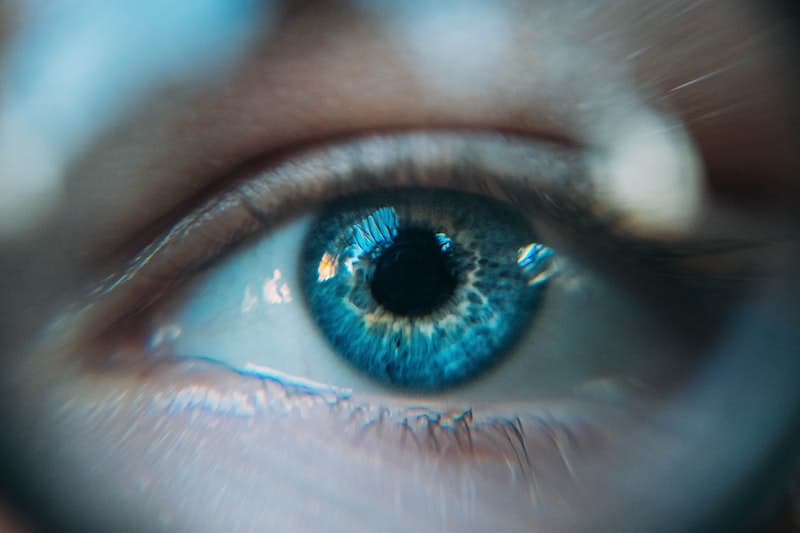Vision is typically blurry immediately after cataract surgery but begins to improve within 24-48 hours for most patients. Some may notice clearer vision within hours, while others may take up to two weeks for their eyes to fully adjust to the new lens implants. Soft focus is common right after surgery, but clarity usually improves significantly by the next day. In rare cases, full visual stabilisation may take up to two weeks as the eye adapts to the new intraocular lens.
So How Long is Vision Blurry After Cataract Surgery?
Most people will see improvement within 24-48 hours after cataract laser surgery, although it can take up to two weeks for your eyes to fully settle to the new implants.
Most patients are back to normal activities the next day. Straight after surgery, patients will usually see in soft focus. The following day vision should be clearer. Some patients see the improvement in several hours, though most take 24-48 hours. It can occasionally take 1-2 weeks for vision to settle while the eye adapts to the new intraocular lens implant (IOL).
If a patient has clear distance vision in both eyes using standard mono-focal implants (the type offered in NHS cataract surgery), reading glasses are normally required afterward.
A mono-vision lens combination may be used, where the implant for one eye is chosen so that distance vision is clear (but near vision blurred), and the other IOL selected to leave the second eye slightly short-sighted (with blurred distance vision). This combination is known as mono-vision and can be very effective in giving clear far and close vision for most activities.
Patients who choose to have multifocal premium lens implants (or standard IOLs to give mono-vision), glasses may still be required for some tasks. Multifocal or mono-vision IOLs are not usually offered by the NHS and are only available to patients choosing to pay for private cataract surgery.
Should You Be Driving After Cataract Surgery?
Usually, you can safely start driving 2 days after the eye surgery, but that can vary to each individual.
Each patient is different and therefore it’s very difficult to say when exactly a patient can drive after surgery. When both eyes are being treated in one surgery sitting, or when only one eye is being treated, patients can normally start driving 2 days after surgery.
How Soon I can Go Back To Work After Surgery?
The length of time we recommend a patient takes off of work depends upon the patient’s occupation. Most people with office-based occupations resume work within a few days. Those who work in a dusty environment, for example a builder’s site, may need to take a week off work.
Activities to Avoid After Cataract Eye Surgery
Common sense should be applied to the activities a patient chooses to take part in post surgery. As a general guide for a safe and quick recovery from cataract surgery, we recommend you follow these steps:
We advise patients refrain from sporting activities for three to four weeks. Long and short-haul flights are fine the day after surgery for passengers. Pilots will need to go through the necessary licensing checks before flying resumes. Find out more about cataract surgery here.
To learn more about cataract surgery at Focus Clinic, or to arrange a consultation appointment, please call us on 0207 307 8250 or contact us here.

